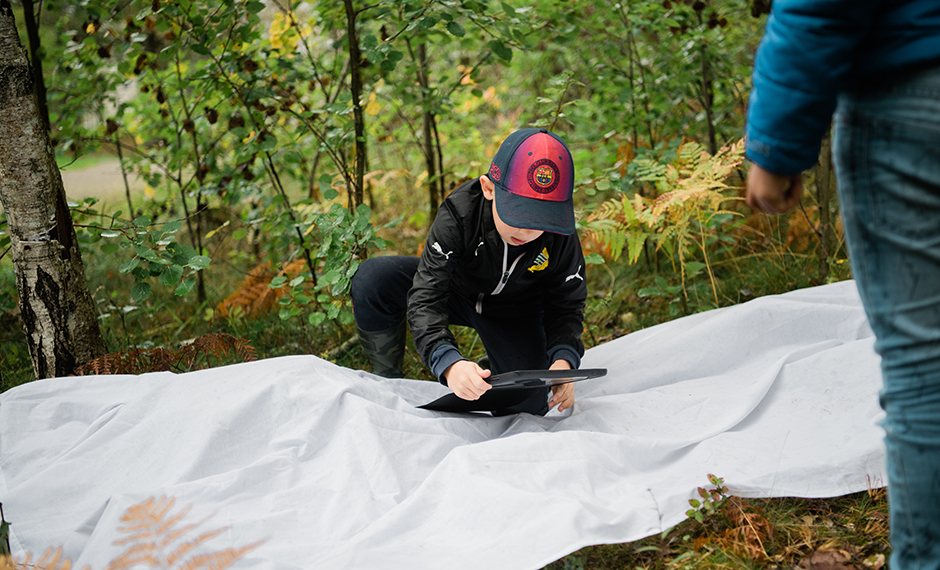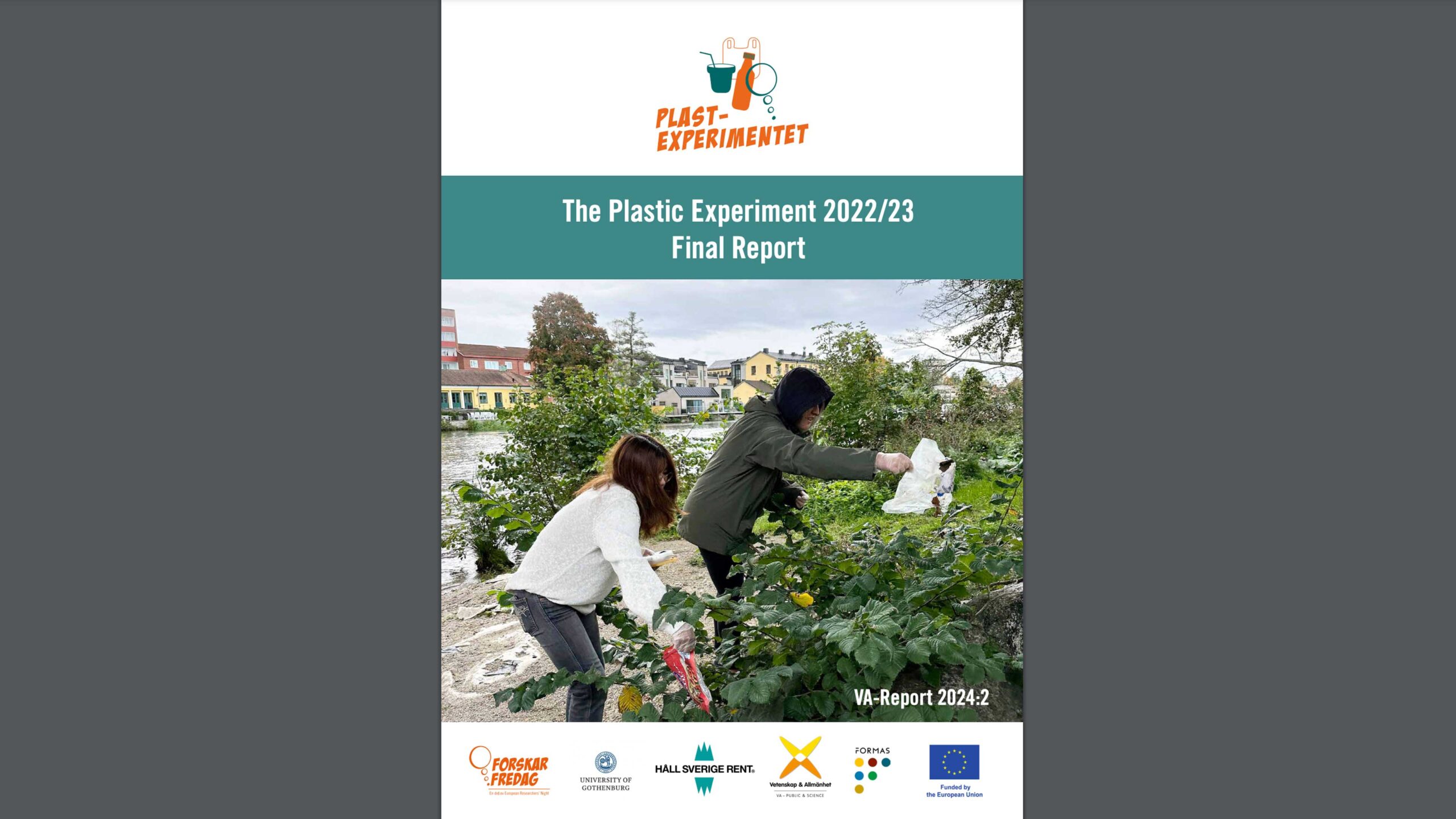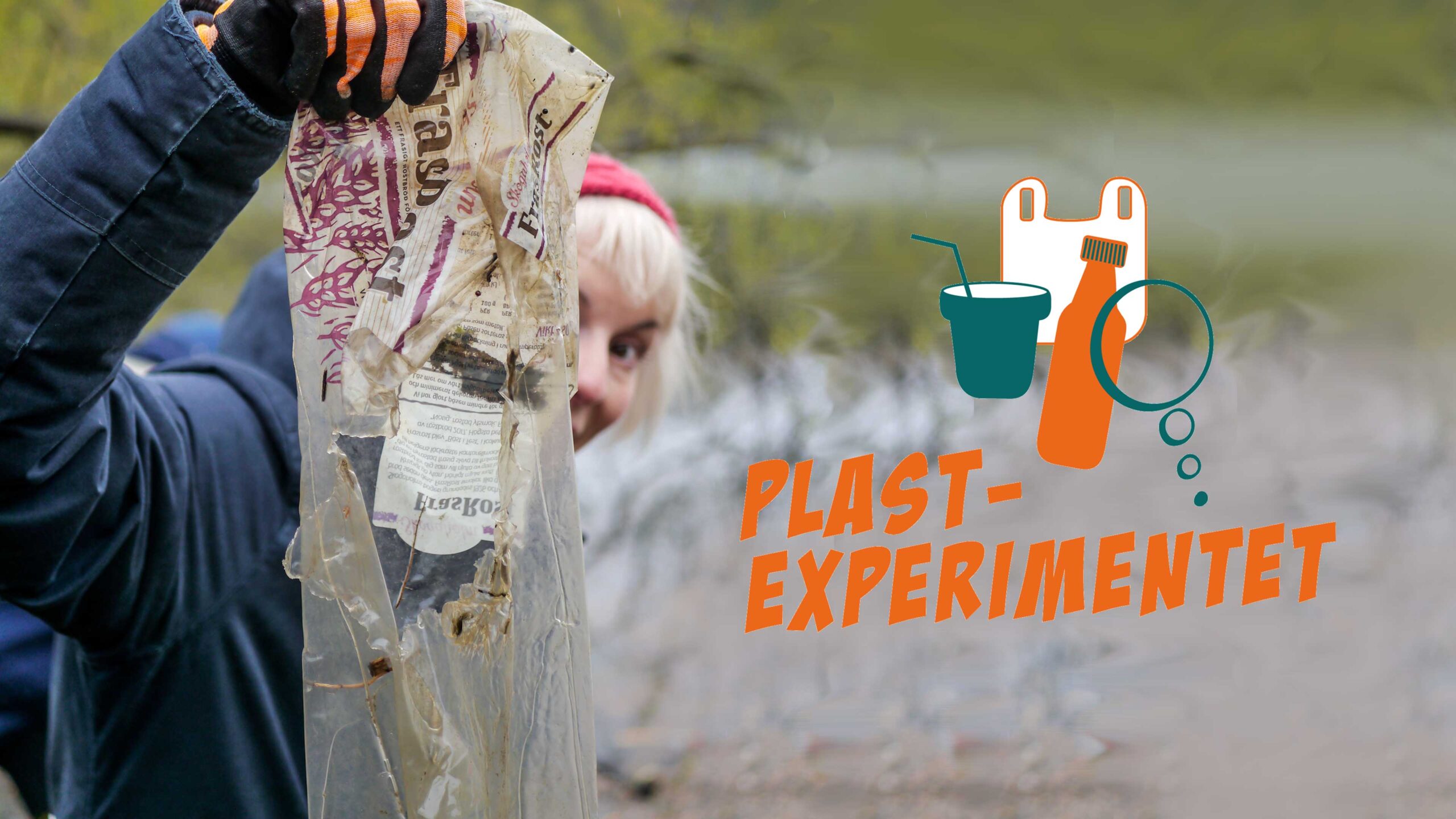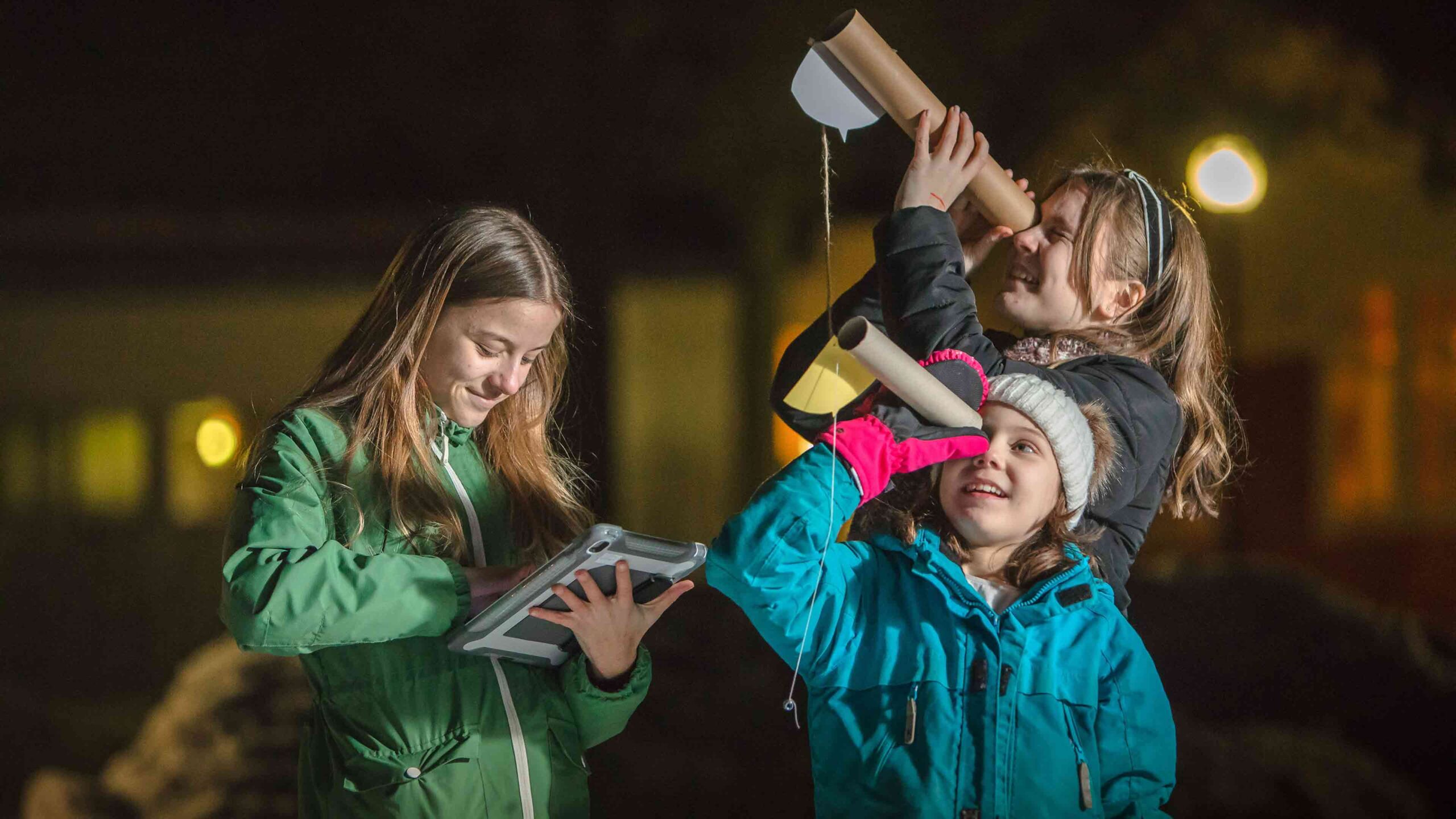Every autumn since 2009, thousands of Swedish pupils of all ages and members of the public have been helping researchers gather huge amounts of data. These so-called mass experiments are of mutual benefit: the researchers get more data than they could otherwise easily collect, the pupils get the opportunity to participate in real research, and the teachers get material and methods based upon state-of-the-art research to integrate in the curriculum.

Public & Science Sweden coordinates these Citizen Science-projects as part of the European science festival, European Researchers’ Night. Schools from across the whole of Sweden are involved.
The mass experiments efficiently link education to research, establishing valuable contacts with researchers and giving students insights into research methods and scientific thinking.
VA helps the researcher to design an experiment whereby students gather data guided by their teacher. Research projects are also selected according to how well they fit into the curriculum. The researcher and VA jointly develop instructions and teachers’ manuals, and researchers also communicate directly with individual teachers and students using webinars and sometimes social media.
We have been running mass experiments since 2009. Here you can find an information folder about the Swedish mass experiments.
Examples of our most recent experiments:
- 2016 The Notice Board Experiment examined the function of the physical notice board in the digital age and won an Open Knowledge Award for Best Open Science Initiative. The results have also been published in the open access scientific journal PLOS One.
- 2017 The News Evaluator Experiment on source criticism investigated the type of news in young people’s online news feeds.
- 2018 The Lady Bird Experiment combined ladybird monitoring with artificial intelligence to learn more about biodiversity.
- 2019 The Star-Spotting Experiment investigated light pollution through counting stars in the night sky.
- 2020 The Food Waste Experiment investigated whether more information can result in less food being wasted.
- 2021 The Housing Experiment investigated the accessibility of Sweden’s housing for older people.
- 2022-2023 The Plastic Experiment investigated plastic waste found in the Swedish natural environment.
- 2024 What do the school walls say? is investigating the messages found on the walls of Swedish schools.
Our annual mass experiments are examples of citizen science. Our experiences from conducting them are shared in an essay published in the Journal of Science Communication that discusses how mass experiments/citizen science can stimulate scientific literacy and an interest in science while generating scientific output.
Other citizen science-related projects
Public & Science Sweden has helped to create a national portal for citizen science in Sweden. More information about the project, ARCS, can be found here.
Public & Science was a partner in an EU-funded project EU-Citizen.Science that developed a European platform for citizen science.
Public & Science Sweden is also a member of ECSA (European Citizen Science Association).
Latest about the mass experiment:
Findings from Sweden’s largest plastic waste experiment now available

The Plastic Experiment is a nationwide Citizen Science project in which Keep Sweden Tidy Foundation, Public & Science Sweden and the University of Gothenburg have been working together to investigate… Läs mer
The Plastic Experiment 2022/23 – Final Report

This report is an English summary of the VA-Report (in Swedish) called Plastexperimentet – slutrapport 2022-2023. The Plastic Experiment was a Citizen Science project and a collaboration between the Keep… Läs mer
Skapad:
2024-04-08Uppdaterad:
2024-04-09Kategorier:
Citizen Science, Mass experiment, VA Reports & PapersMost plastic litter found on beaches reveals Swedish citizen science project

The first report of the Plastic Experiment, a citizen science project involving young people and members of the public from across Sweden, has now been published. The most plastic litter… Läs mer
Skapad:
2023-05-15Uppdaterad:
2023-09-25Kategorier:
Citizen Science, European Researchers' Night, Mass experiment, News articles

En kommentar om “Mass experiments”